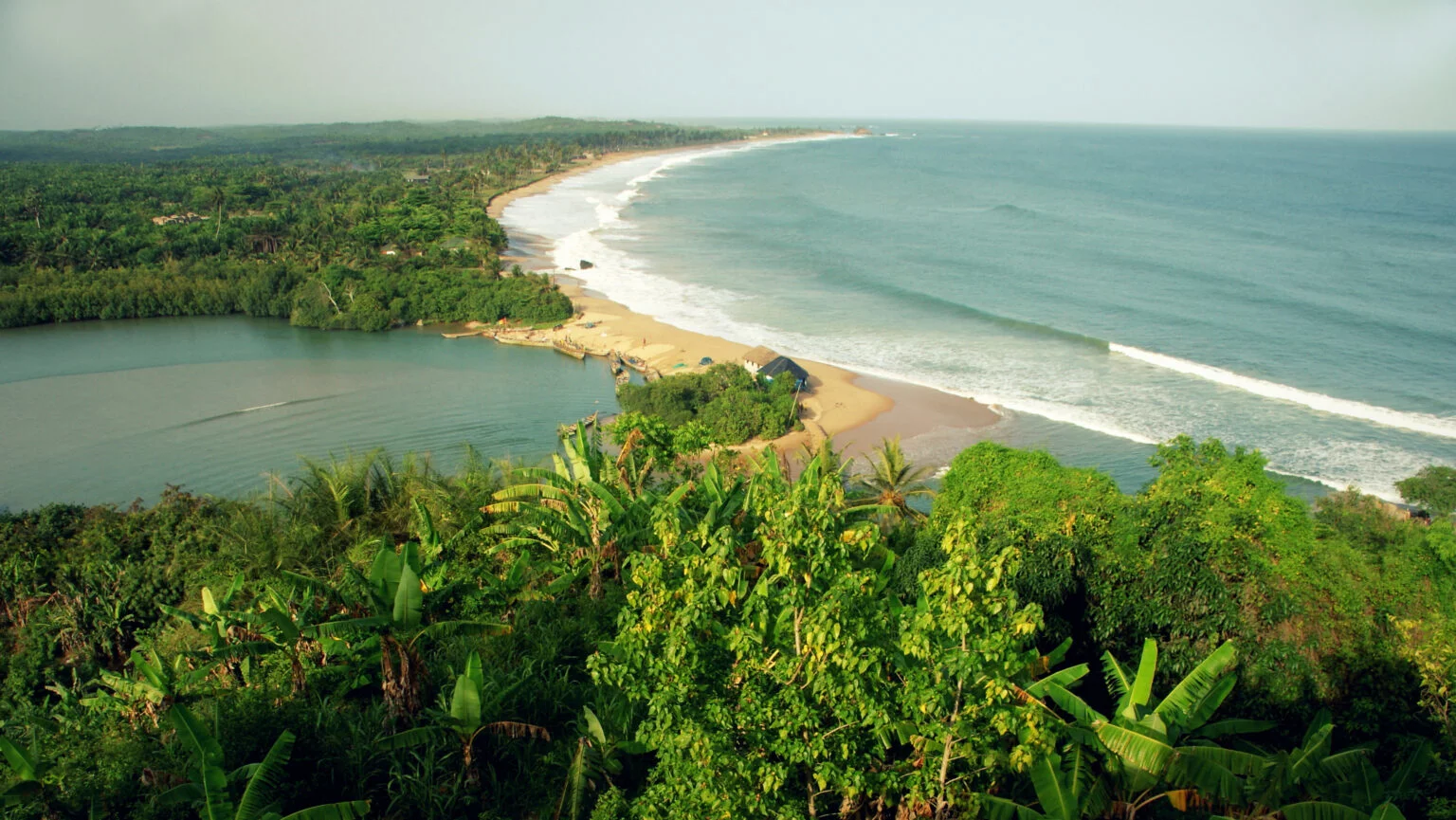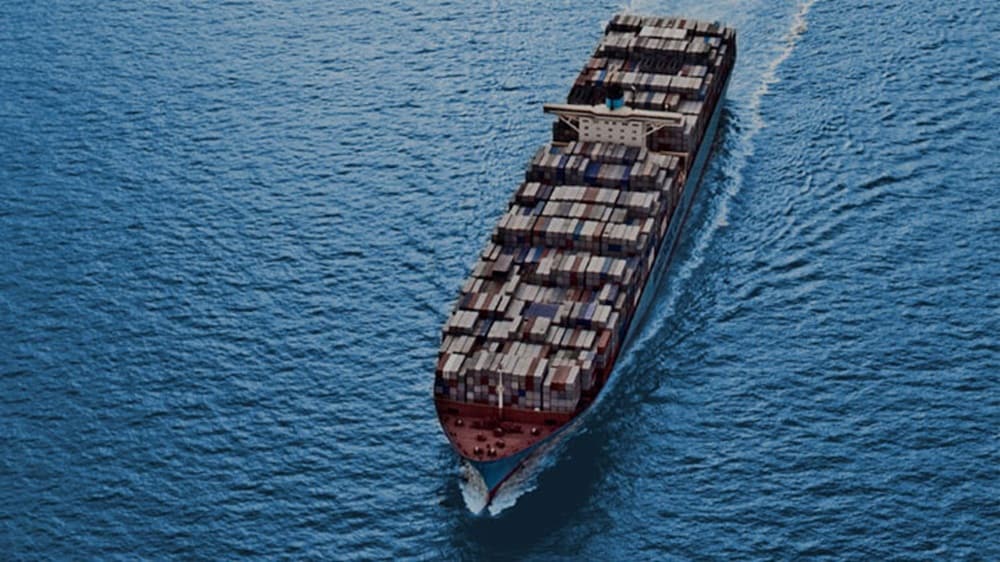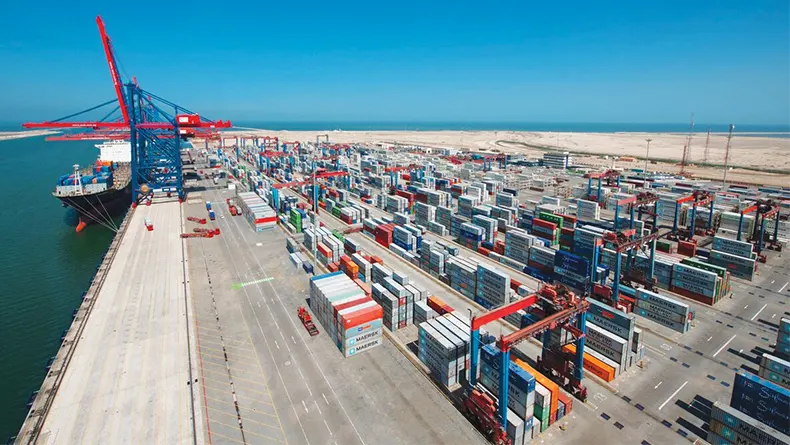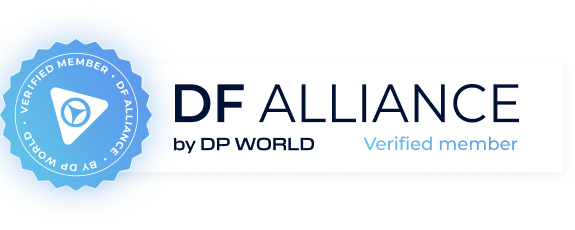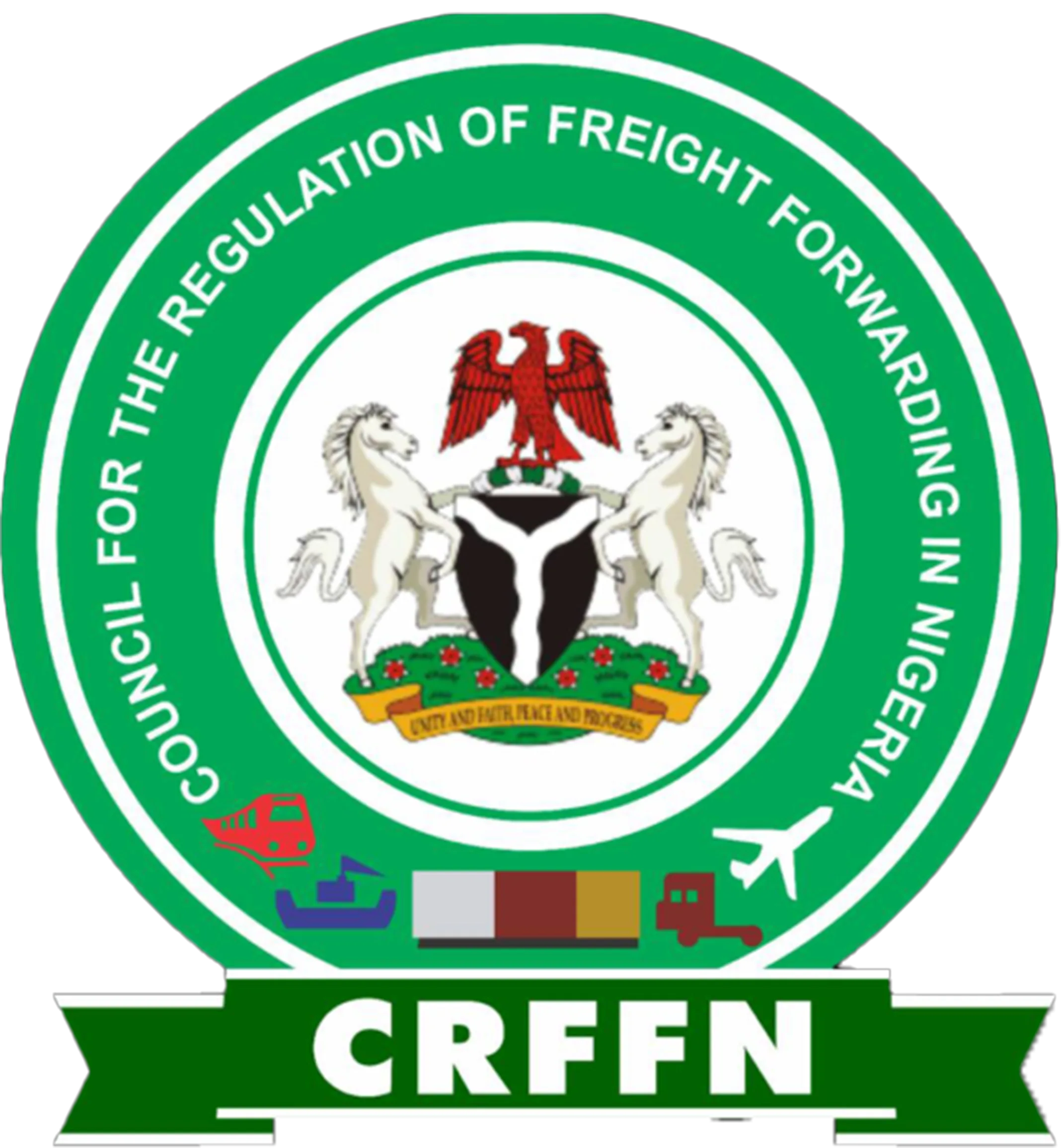Connecting Mauritius across Africa and beyond
Limark’s deep-rooted presence in Mauritius empowers businesses to thrive within the dynamic trade ecosystem of this island nation. Our extensive experience in Indian Ocean logistics ensures seamless cargo movement across maritime borders, connecting Mauritius to vital regional and international markets.
Leveraging our vast network spanning over 40 African countries, Limark facilitates efficient transportation solutions for your Mauritius shipments. Whether you’re exporting Mauritius’ renowned sugar, textiles, or seafood, or importing essential commodities and equipment, our end-to-end solutions optimize your supply chain, reducing complexity and enhancing overall efficiency.

Import regulations
Importing goods to Mauritius requires navigating specific procedures and documentation. Here’s a breakdown of the essential requirements:
Product categories requiring import licenses/permits
Food and agricultural products
- All food and agricultural imports require a phytosanitary certificate issued by the Ministry of Agro-Industry and Food Security (MAIFS).
- Specific products like meat, poultry, fish, dairy, and plants may require additional permits or certificates from the MAIFS or the Ministry of Health and Wellness (MHW).
- Strict adherence to sanitary and phytosanitary (SPS) standards is essential.
Pharmaceuticals and medical devices
- The import of pharmaceuticals and medical devices is regulated by the Pharmacy Board and the MHW
- A marketing authorization (MA) is required for all medicines
- Medical devices must comply with relevant standards and be registered with the MHW
Chemicals and Hazardous Materials
- The import of chemicals and hazardous materials is regulated by the Ministry of Environment, Solid Waste Management and Climate Change (MESWCC)
- Import permits are required, and detailed safety data sheets (SDS) must be submitted
- Proper packaging, labeling, and handling procedures are crucial
Vehicles and Spare Parts
- The National Land Transport Authority (NLTA) regulates the import of vehicles and spare parts.
- Import permits are required for vehicles, and they must comply with specific technical standards and emission regulations.
Textiles and Apparel
- The Mauritius Standards Bureau (MSB) regulates the import of textiles and apparel
- Products must meet specific labeling and quality standards
Other Regulated Products
- Other products that may require import licenses or permits include telecommunication equipment, weapons, ammunition, explosives, and radio communication equipment.
- Consult the relevant ministries or agencies for specific requirements.
Prohibited and restricted imports
Prohibited
- Narcotic drugs and psychotropic substances
- Pornographic and obscene materials
- Counterfeit and pirated goods
- Hazardous waste
- Toxic chemicals not approved by the MESWCC
- Weapons and ammunition (unless authorized by the Commissioner of Police)
- Endangered species and products (unless authorized by CITES)
Restricted
- Used clothing (except for personal effects)
- Right-hand drive vehicles (except for special purposes)
- Asbestos
- Live animals and animal products (require health certificates)
- Plants and plant products (require phytosanitary certificates)
- Ozone-depleting substances
Relevant agencies
- Mauritius Revenue Authority (MRA): Responsible for customs administration and enforcement of import regulations.
- Ministry of Agro-Industry and Food Security (MAIFS): Regulates food and agricultural imports.
- Ministry of Health and Wellness (MHW): Regulates pharmaceutical and medical device imports.
- Ministry of Environment, Solid Waste Management and Climate Change (MESWCC): Regulates the import of chemicals and hazardous materials.
- National Land Transport Authority (NLTA): Regulates the import of vehicles and spare parts.
- Mauritius Standards Bureau (MSB): Regulates the import of textiles and apparel.
Free Time
- Varies depending on the shipping line and port, typically ranging from 3 to 7 days after the container is discharged.
- Some shipping lines may offer extended free time for specific commodities or during peak seasons.
Demurrage charges
- Applied when the free time is exceeded
- Calculated per container, per day
- Rates vary depending on the shipping line, container size, and time elapsed.
Detention charges
- Applied when the container is held beyond the agreed-upon time for return to the shipping line after being picked up from the port
- Separate from demurrage charges.
- Rates vary depending on the shipping line and container size.
Storage limitations
- Port terminals have limited storage capacity.
- Containers not cleared within the allowed time are moved to an off-dock depot at the importer’s expense, incurring additional storage fees.
Calculation methods
Demurrage and detention charges are calculated based on calendar days, including weekends and public holidays.
Commercial Invoice
- Detailed description of goods (including HS codes)
- Quantity, weight, and value of goods (in USD or EUR)
- Incoterms (International Commercial Terms)
- Payment terms
- Consignee and consignor details
Packing List
- Detailed list of all items in each package
- Description, quantity, weight, and dimensions of each item
- Package markings and numbers
Bill of Lading/Airway Bill
- Evidence of the contract of carriage between the shipper and carrier
- Details of the shipment, including the consignee, consignor, and port of loading/discharge
- Number and type of packages
- Gross weight and measurement of the cargo
Certificate of Origin
- Declares the origin of the goods
- May be required for preferential tariff treatment under trade agreements (e.g., SADC, COMESA)
Import Permit/License (for regulated goods)
- Issued by the relevant government agency
- Required for specific products as mentioned above
Other certificates
- Phytosanitary certificate (for plants and plant products)
- Health certificate (for animals and animal products)
- Certificate of analysis (for chemicals and food products)
- CITES permit (for endangered species)
Import licenses and permits
-
Identify the Regulating Agency:
- Determine the specific ministry or agency responsible for your goods based on the product category.
-
Gather Required Documents:
- Proforma invoice or commercial contract
- Technical specifications and data sheets (if applicable)
- Certificates of origin, analysis, quality, etc.
- Business registration documents and tax clearance certificates
- Any additional documentation specific to the product or agency
-
Submit Application:
- Complete the import permit application form.
- Submit the application along with the required documents and fees to the relevant agency.
- Applications are typically submitted online or in person.
-
Processing and Approval:
- The application will be reviewed and processed by the agency
- The processing time varies depending on the product and agency
- If approved, the import permit/license will be issued
-
Validity and Renewal:
- The validity period of import permits varies depending on the product and agency
- Renewal procedures involve submitting a new application with updated documents before the expiry date
-
Costs:
- Import permit fees vary depending on the product and agency.
- Additional costs may include inspection fees, testing fees, and translation fees.
Customs clearance procedures
-
Pre-arrival processing:
- The importer or their agent lodges the import declaration (IDF) through the TradeNet system.
- Customs performs risk assessment.
-
Arrival and Unloading:
- The vessel or aircraft arrives at the port or airport.
- Cargo is unloaded and placed in customs control.
-
Document Verification and Duty Assessment:
- Customs verifies the submitted documents.
- Import duties, taxes, and fees are calculated based on the HS code, value, and origin of the goods.
-
Payment of Duties and Taxes:
- The importer or their agent pays the assessed amount.
- Payment methods may include bank transfers or electronic payments.
-
Inspection (if required):
- Customs may select shipments for physical inspection based on risk assessment.
- Inspections may involve verifying the goods against the documents, checking the quality and quantity, and testing for compliance with standards.
-
Release of Goods:
- If the shipment complies with all regulations and requirements, and duties/taxes are paid, customs releases the goods for delivery to the importer.
Port/Terminal operations
Major Seaports
- Port Louis Harbour: The main commercial port, handling containerized cargo, bulk cargo, and general cargo.
Air Cargo Hub
- Sir Seewoosagur Ramgoolam International Airport (MRU): The main airport for air cargo imports.
Cut-off Dates
- Vary depending on the shipping line and destination.
- Check with your shipping agent or freight forwarder for specific cut-off times.
Documentation Requirements at Terminals
- Ensure all required documents are submitted through TradeNet before the shipment arrives.
- Original documents may be required for verification at the terminal.
Container Pickup/Drop-off and Storage
- Coordinate with your shipping agent or freight forwarder for container pickup and drop-off procedures.
- Be aware of free time limitations and potential demurrage/detention charges.
Disclaimer: This information is based on the latest available data and may be subject to change. Always consult with relevant authorities and experts for the most up-to-date and accurate information.
Import regulations
Get a detailed guide that provides an in-depth look into every aspect of the export process to ensure your goods are shipped efficiently and in compliance with all legal standards.
Product categories requiring export licenses/permits
Textiles and Apparel:
Export Processing Zone (EPZ) Enterprises: Companies operating within the EPZ enjoy preferential treatment and may have specific export licensing requirements depending on the destination country and trade agreements (e.g., AGOA).
Non-EPZ Enterprises: Exports outside of preferential trade agreements may require export licenses from the Ministry of Industry, Commerce, and Consumer Protection (MICCP).
Proof of Origin: Certificates of origin are crucial for establishing the origin of goods and determining eligibility for preferential tariff treatment under various trade agreements.
Sugar
Export Quotas: Sugar exports are subject to quotas the Mauritius Sugar Syndicate (MSS) allocated to maintain market stability and comply with international agreements.
Export Licenses: Exporters must obtain licenses from the MSS for each shipment, specifying the quantity and destination.
Quality Standards: Sugar exports must adhere to stringent quality standards established by the MSS to ensure international competitiveness.
Fish and Seafood Products:
Catch Certificates: Exporters must provide catch certificates issued by the Ministry of Blue Economy, Marine Resources, Fisheries and Shipping (MBEMRFS) to verify the legality and sustainability of the catch.
Health Certificates: Health certificates are required to confirm the safety and quality of fish and seafood products for human consumption.
CITES Permits: Exports of certain fish species listed under the Convention on International Trade in Endangered Species (CITES) require special permits from the MBEMRFS.
Jewelry and Precious Stones
Kimberley Process Certification Scheme (KPCS): Diamonds must be accompanied by a KPCS certificate to prevent the trade of conflict diamonds.
Gemstone Certificates: Other precious and semi-precious stones may require certificates of origin or authenticity from recognized gemological laboratories.
Agricultural Products
Phytosanitary Certificates: Mandatory for all plant and plant-based products, issued by the National Plant Protection Office (NPPO) to ensure they are free from pests and diseases.
Organic Certification: Exporters of organic products must obtain certification from an accredited body to access premium markets.
Prohibited and restricted exports
Absolute prohibitions
- Narcotic drugs and psychotropic substances
- Pornographic and obscene materials
- Counterfeit and pirated goods
- Hazardous waste (Basel Convention)
- Ozone-depleting substances (Montreal Protocol)
- Weapons and ammunition (except with authorization from the Commissioner of Police)
- Live animals and animal products without proper health certificates
Restricted Exports (require specific permits and may have additional conditions)
- Endangered species and products (CITES permits)
- Unprocessed precious and semi-precious stones
- Antiques and objects of cultural or historical value
- Restricted chemicals and pesticides
- Raw hides and skins
- Certain types of timber and wood products
Required documents
Commercial Invoice: Must include detailed information about the goods, including HS codes, description, quantity, unit price, total invoice value, currency, Incoterms, payment terms, and complete details of the consignee and consignor.
Packing List: An itemized list of goods in each package, including description, quantity, weight, dimensions, and package markings.
Bill of Lading/Airway Bill: Serves as evidence of the contract of carriage and contains details of the shipment, consignee, consignor, port of loading/discharge, number and type of packages, and gross weight and measurement of the cargo.
Certificate of Origin: Issued by the Mauritius Chamber of Commerce and Industry (MCCI), certifying the origin of the goods. It may be required for preferential tariff treatment under trade agreements.
Export Permit (if applicable): Issued by the relevant government agency for regulated products
Exit Summary Declaration (EXS): Electronic declaration submitted through the TradeNet system, providing detailed information about the shipment
Other Supporting Documents: These may include insurance certificates, inspection certificates, and other documents specific to the product or destination country.
Export declaration process (through TradeNet)
- Registration: Exporters must register on the TradeNet platform and obtain a unique identification number
- Declaration: Prepare and submit the EXS electronically through the TradeNet system
- Verification: Customs verifies the EXS and supporting documents
- Payment: Pay any applicable export duties or taxes.
- Approval: Customs approves the export and issues an export permit (if required).
Required export certificates
- Phytosanitary certificate: Issued by the NPPO for plants and plant products.
- Health Certificate: Issued by the Department of Veterinary Services for live animals and animal products.
- Certificate of Analysis: Issued by accredited laboratories for specific products like chemicals, food products, and pharmaceuticals.
- Kimberley Process Certificate: Required for rough diamonds.
- CITES Permit: Required for endangered species.
Major Ports
- Port Louis Harbour: The main commercial port, handling containerized cargo, bulk cargo, and general cargo.
- Port Mathurin (Rodrigues Island): A smaller port serving the island of Rodrigues.
Cut-off Times and Procedures
- Vary depending on the shipping line, destination, and type of cargo
- Confirm with your shipping agent or freight forwarder well in advance
- Procedures include document submission through TradeNet, customs clearance, security screening, and container loading
Container Storage and Free Time
- Port Louis Harbour offers container storage facilities.
- Free time for storage varies depending on the shipping line and the type of cargo, typically ranging from 3 to 7 days.
- Storage fees apply after the free time expires.
Returning empty containers
- Coordinate with your shipping line or agent to return empty containers to the designated depot
- Failure to return containers on time may result in detention charges.
Duties, taxes, and fees
Export duties: Generally, Mauritius does not impose export duties on most goods.
Other Fees: Customs processing fees, document handling charges, terminal handling charges, storage fees (if applicable), and any specific taxes or levies related to the exported product.
Disclaimer: This information is based on the latest available data and may be subject to change. Always consult with relevant authorities and experts for the most up-to-date and accurate information.

Expertise You Can Trust
Navigate Mauritius’s complex trade regulations with confidence
Our deep-rooted presence in Mauritius and in-depth understanding of the island’s intricate trade regulations ensure your shipments are handled with utmost care and compliance. We offer seamless, reliable, and cost-effective shipping services to and from Mauritania tailored to your needs, making us a trusted partner for businesses seeking efficient logistics in the region.
Our team of seasoned supply chain experts, coupled with our ever-expanding footprint in Mauritius, enables us to deliver exceptional service and unparalleled efficiency. We uphold the highest quality standards in our operations, ensuring your cargo reaches its destination on time and in pristine condition. Partner with us and experience a streamlined, stress-free shipping experience to and from Mauritius.
Get Expert Guidance
Contact our regional experts
Partner with experienced freight forwarders and customs brokers for seamless shipping to and from Mauritius. Ensure full documentation compliance with the guidance and logistics services of our team.
Sales enquiries
We’re happy to talk to you about your shipment needs anytime. Please get in touch with us.
Ready to ship?
Get your shipment moving faster. Request a quote today for our end-to-end supply chain services.
Other African Countries
